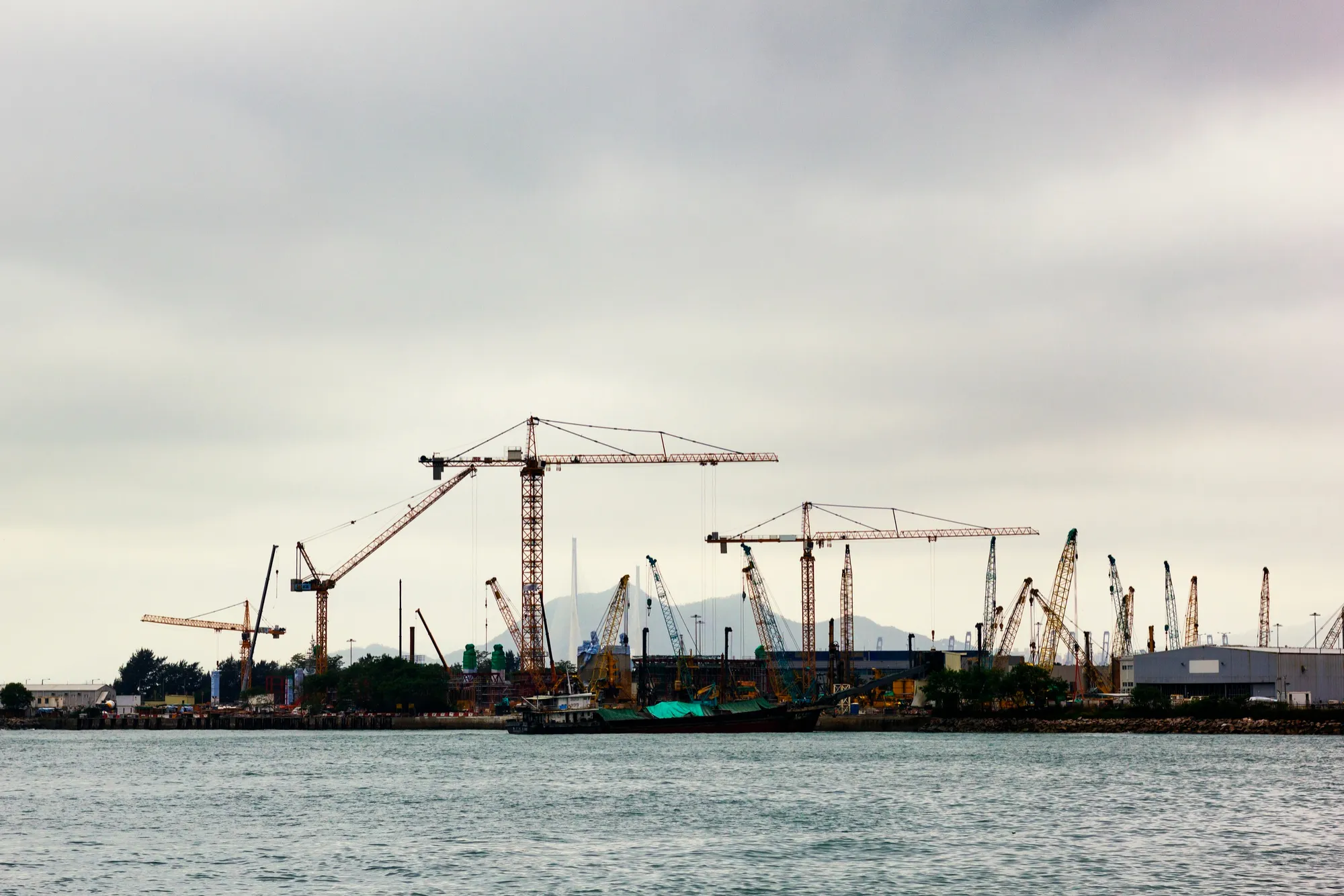In the world of marine electrical engineering, a significant breakthrough has been achieved with the development of a new Multi-objective Cooperative (MOC) control system designed for shipboard DC microgrids. This innovative system promises to revolutionize how energy management systems operate on marine vessels. Researchers Liu Yancheng, Zeng Yuji, Zhang Qinjin, You Shi, Guo Haohao, Hu Yuanting, and Zhang Fengkui from the Marine Engineering College of Dalian Maritime University, China, and the Technical University of Denmark, have made significant strides in energy distribution and management on board ships with their recent work published in ISA Transactions on January 14, 2024.
Their paper, entitled “Multi-objective cooperative controller design for rapid State-of-Charge balancing and flexible bus voltage regulation in shipboard DC microgrids,” presents an MOC controller that leverages the average consensus algorithm to concurrently achieve rapid State-of-Charge (SoC) balancing, proportional load current sharing, and flexible DC bus voltage regulation for parallel battery storage units (BSUs) in shipboard DC microgrids.
DOI: 10.1016/j.isatra.2023.12.043
This groundbreaking controller stands out from conventional secondary controllers in its ability to achieve three essential control objectives through a fully distributed manner, thus significantly improving system stability and reducing communication burdens.
Having optimized convergence factors, the MOC controller effectively accelerates SoC balancing. In addition, pinning control has been introduced to the system, ensuring flexible and accurate DC bus voltage regulation. The research has been thorough, with analyses covering SoC balancing and current sharing, SoC convergence performance, large-signal stability, and global steady-state.
The practical application and efficiency of this MOC controller were demonstrated through Matlab/Simulink simulation and StarSim Hardware-in-the-Loop (HIL) experimental results, validating its effectiveness and robustness in varying shipboard DC microgrid scenarios.
By developing a system that integrates multiple objectives into a single controller, the researchers have paved the way for a more simplified system architecture with enhanced capabilities. Fewer components mean less risk of failure, reduced maintenance, and improved reliability—an especially critical aspect considering the harsh and isolated environments ships often operate in.
References
1. Liu, Y., Zeng, Y., Zhang, Q., You, S., Guo, H., Hu, Y., & Zhang, F. (2024). Multi-objective cooperative controller design for rapid State-of-Charge balancing and flexible bus voltage regulation in shipboard DC microgrids. ISA Transactions. DOI: 10.1016/j.isatra.2023.12.043
2. Guerrero, J. M., Vasquez, J. C., Matas, J., Vicuna, L. G. de, & Castilla, M. (2013). Hierarchical Control of Droop-Controlled AC and DC Microgrids—A General Approach toward Standardization. IEEE Transactions on Industrial Electronics, 58(1), 158-172.
3. Bidram, A., Davoudi, A., Lewis, F. L., & Guerrero, J. M. (2012). Distributed Control Systems for Small-scale Power Networks: Using Multiagent Cooperative Control Theory. IEEE Control Systems, 33(6), 56-77.
4. Anand, S., & Fernandes, B. G. (2013). Reduced-order Model and Stability Analysis of Low-voltage DC Microgrid. IEEE Transactions on Industrial Electronics, 60(11), 5040-5049.
5. Tucci, M., Riverso, S., Vasquez, J. C., & Guerrero, J. M. (2016). A Decentralized Scalable Approach to Voltage and Frequency Control of Power Islands with High PV Penetration. IEEE Transactions on Industrial Electronics, 63(10), 6502–6513.
Keywords
1. Shipboard DC Microgrid
2. State-of-Charge Balancing
3. Distributed Control System
4. Voltage Regulation in Microgrids
5. Electric Power Management Marine
The authors have declared no competing financial interests or personal relationships could have influenced the work reported in this paper. The copyright of this significant publication belongs to ISA and has been facilitated by Elsevier Ltd., who reserved all copyrights.
Through their research, these scientists underscore the growing role of advanced electrical systems in improving the efficiency and resilience of marine vessels. Innovative technologies like the MOC controller can support the maritime industry’s gradual shift towards more sustainable practices and energy sources, indicating a brighter future not just for naval engineering but also for environmental conservation.
This work not only enriches the academic understanding of microgrid control but also has considerable implications for the industry, particularly for ship designers, marine engineers, and naval architects who are continually seeking new ways to optimize power distribution aboard vessels of all sizes. With the ongoing concern about environmental impact and fuel efficiency, the MOC controller provides a timely solution, contributing to greener and more reliable ocean transport.
Looking ahead, the adaptation of such advanced technologies to maritime operations opens up a sea of opportunities for innovation and economic growth. As research continues to drive advancements like the MOC controller, the maritime industry stands on the cusp of a new era where electrical engineering and sustainability go hand in hand to guide vessels across the blue expanses of our world’s oceans.
